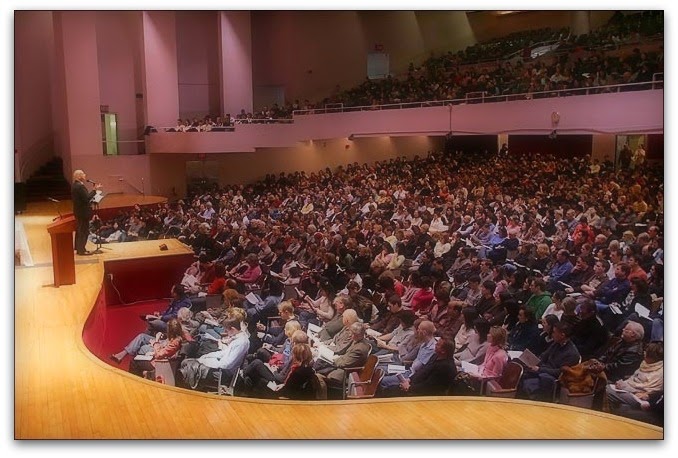 |
Curious about the effect on job growth that changing the minimum wage might have?
This is the primary argument against raising the minimum wage, that it would cause massive job losses. It's a flawed argument. All the credible studies say the impact on jobs would be virtually nil.
The benefit to workers and their families, on the other hand, would be substantial. Of course.
Curious why there are such strong objections in Congress? Who would want to pay workers less per productive day as time passed? Who indeed.
Employers pay less than half as much per unit of work compared to forty years ago at minimum wage. (See the real minimum wage chart; adjusted for 2012 dollars) (To find out where the money went, see the 1979-2010 Wages by Wage Group graph at the top of the page.)
 In America, the lowest two quintiles of household income are the ones most affected by the minimum wage. It's not just high-school kids working in the grocery store, it's mostly moms and dads in unskilled and semi-skilled employment.
In America, the lowest two quintiles of household income are the ones most affected by the minimum wage. It's not just high-school kids working in the grocery store, it's mostly moms and dads in unskilled and semi-skilled employment.See the National Bureau of Economic Research for the actual impact of raising the minimum wage. It encourages children to stay in school, among many other good things. Fascinating.


.jpg)







